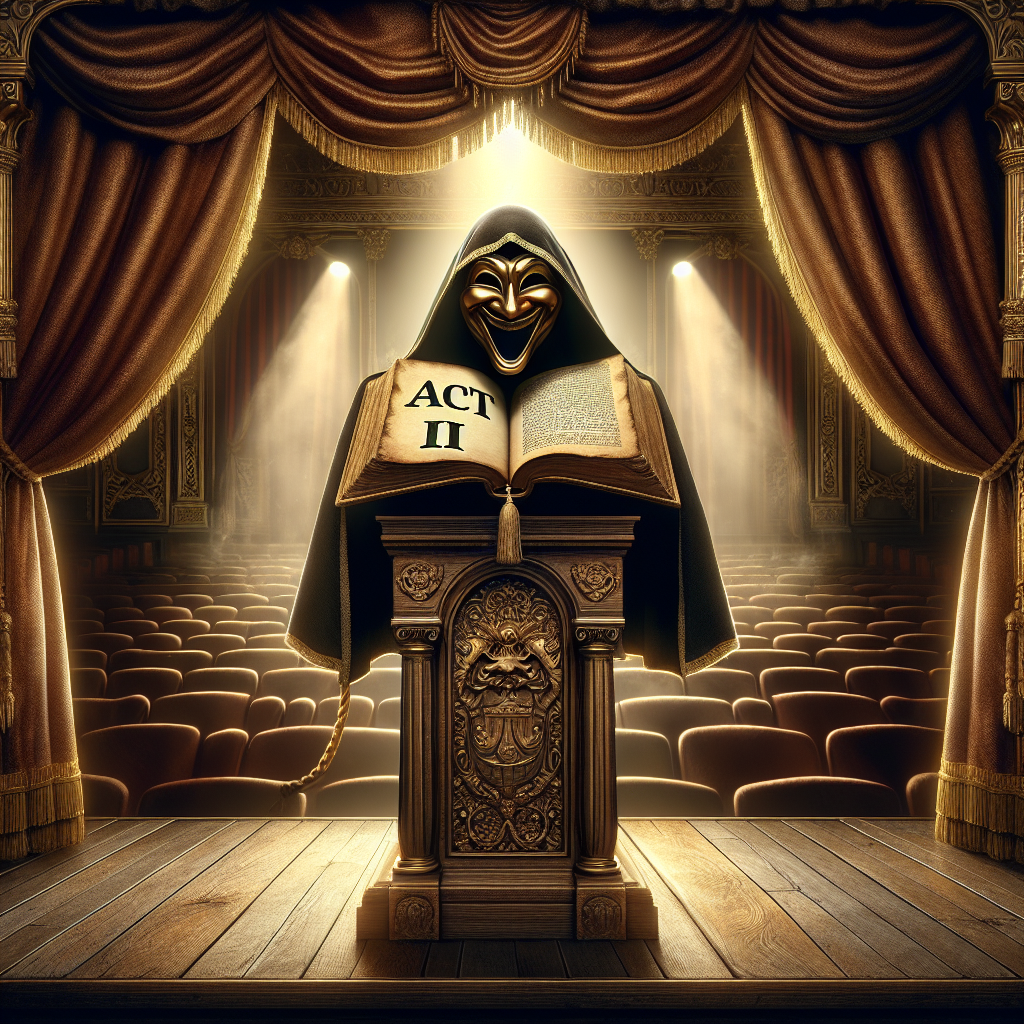The city of Rome has faced numerous assaults throughout its history, many of which have occurred during pivotal moments when key figures sought to assert their power or influence. Notable attacks include those by Attila the Hun, who was famously deterred by Pope Leo I—referred to as “Leo the Great.” Later, Napoleon’s conquest of Rome in 1809 and the aggressive campaigns of Italian Nationalists during the 1848 Risorgimento forced Blessed Pius IX into exile, demonstrating the Church’s vulnerability even in its own stronghold. The Nazi regime also took control of Rome on June 4, 1944, emphasizing the city’s tumultuous historical narrative. However, contemporary challenges to Rome pose a different kind of threat, one that is manifesting in the form of Synodal Listening—a process perceived as undermining the core tenets of Catholic faith. For many believers, witnessing this pandemonium among church leaders can evoke a sense of despair and confusion regarding the future of Catholicism itself.
The current Synodal venture raises significant concerns about the treatment and perception of faith within the Church. Critics argue that it feels reminiscent of a Maoist Struggle Session, where reason and tradition are dismissed in favor of a chaotic reevaluation of doctrine that many consider essential. The alarming spectacle of church leaders seemingly engaging in a trivialized portrayal of their roles as successors to the apostles highlights a disconcerting level of disconnect from the weighty legacy of their spiritual heritage. Instead of stepping into their posts with reverence and solemnity, they risk turning sacred spaces into mere forums of psychological gamesmanship. This behavior has led some members of the Church to draw stark contrasts between their present practices and the tradition upheld by the saints who laid down their lives for their convictions.
In light of these developments, it becomes crucial to scrutinize the motivations behind the Synod and the rhetoric employed during its gatherings. The initial retreat before the Synodal Sessions—deceptively dubbed a “retreat,” but devoid of genuine introspection—was fundamentally a preparation for absurdity, an exercise masquerading as spiritual contemplation. When examining the agenda of the Synodal Retreat, one cannot help but feel alarmed by the queries and suggestions it raises, such as questioning whether using doctrine can be deemed a sin. The implication that defending Christ’s revelation might be harmful strikes at the very foundation of the faith. If the teachings of the Church, understood as unchanging and immutable, cannot serve as a source of strength and defense, then the core purpose of the Church itself is called into question.
Mounting these concerns introduces a broader inquiry into the significance of martyrdom and the sacrifices made by saints throughout history. The case of St. John Fisher—who bravaved execution rather than abandon his beliefs—raises poignant questions about whether such determinations to uphold doctrine are now considered misguided. By re-examining critical moments like the Council of Trent, which addressed the Protestant Reformation through doctrinal definitions, one can argue that these acts were rooted in defending the faith rather than as tools of oppression. However, the current ecclesiastical climate suggests a troubling shift in the understanding of doctrine and its role within Catholicism, leading many to wonder if logic has been entirely forsaken in favor of trendy, subjective interpretations that carry little substantive weight.
The disarray that permeates the discussions within the Synodal context reaffirms concerns that have emerged over the past several years regarding the direction of Church leadership. The resurgence of emphasis on sin appears markedly different from the avoidance seen in previous modernist circles. While previous theologians strived to obscure discussions of sin, current synodal figures advocate focusing on a newly defined array of transgressions that reflect contemporary cultural movements rather than traditional Christian teachings. This novel approach casts aside the richness of the faith in favor of fleeting trends, suggesting a potential drift away from Christianity’s moral framework. Consequently, the emergence of these nuanced discussions implicates not just a superficial change of terms, but a deeper theological shift that many Catholics find concerning.
In essence, the ongoing Synodal Listening excites not merely frustration but profound concern regarding the Church’s future, the preservation of its teachings, and the essence of faith itself. As the Church navigates these tumultuous waters, the gravity of theological discussions and the historical significance of tradition must be carefully weighed against contemporary cultural narratives. While journeying through such changes, the faithful are left to ponder whether their church’s legacy is at risk, fostering a generation of believers unanchored from the rich, doctrinal heritage established over centuries. Recalling Christ’s assurance that “the gates of Hell shall not prevail against it” serves as an important reminder for the faithful to remain steadfast, even amidst this paradigm shift, as they strive to guide the Church back to its foundational truth in Christ.

